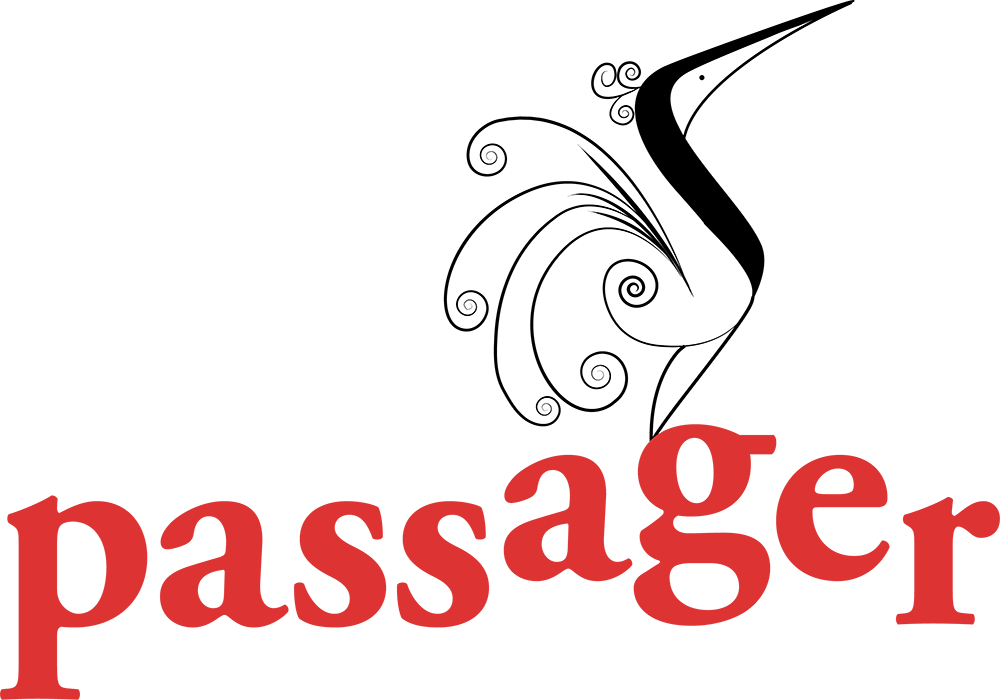To My Fellow Poets

Excerpts of an essay from Baltimore poet Tillie Friedenberg, who wrote in 2008 about joining the protest movement in the 60s, published in the Martin Luther King Jr. special release issue of Passager Journal.
4 minutes
TRANSCRIPT
In 2008, Passager published a special issue commemorating the 40th anniversary of Dr. Martin Luther King’s assassination. One of those pieces was written by Tillie Friedenberg.
Friedenberg was born in 1922. She started writing poetry in her mid-60s. At age 75, she and her work were honored by the State of Maryland. She said in The Baltimore Sun, “I hadn’t written a poem since fifth grade. Now, I’ll be on a platform with the governor and his wife. It’s almost unbelievable.”
Here are excerpts from Tillie Friedenberg’s essay “To My Fellow Poets.” She published it at age 86.
We gathered in Alabama, thousands of us from many parts of the country: housewives, familiar Hollywood and Broadway figures, students, poets, academics, religious leaders of all denominations, trade unionists, united in our mutual outrage at what we had been seeing on TV—a small group of black people being prodded with electric cattle prods by local police because they were demonstrating, peaceably, their determination to register to vote. They were knocked to the ground by heavy streams of water, and set upon by attack dogs. This violence was perpetrated by local officials intent on depriving them of their constitutional right to make choices at the polls, intent on degrading them, on teaching them to “stay in their place.”
We who marched defied them, knowingly risking our lives. Three student volunteers from other states had already been murdered, their bodies rotting in Alabama ditches as we marched. Martin Luther King was in and out of jail. Rosa Parks, an uppity black woman, refused to move to the back of the bus.
. . . We kept marching to Montgomery: we sang songs of eventual victory, joined hands with strangers to our left and right, empowered by the knowledge of the many who live their lives acting on the belief that the right to live, and to live decently, is an inherent human right.
. . . We poets know how poets and writers living under repressive regimes are jailed, sent to labor camps, some murdered outright. They are perceived as threats by abusive governments, and understandably so.
. . . Who looks to poets in our own country? How many of us who write poetry attempt to give voice to the seemingly overwhelming concerns we all have? How many of us try, with our writings, to question, to protest, to express our abhorrence over barbarities that bloodied the century which has just ended and that continue to bloody this new one?
Dr. King’s dream was becoming reality—just part of his dream so far, of course. It’s a long hard trek to the top of his mountain. I’m not up to mountain climbing these days, but I can write.
. . .
She’s writing about the 1960s, but she could also be writing about today.
To buy a copy of Passager’s Martin Luther King issue, subscribe to the journal, or learn more about Passager and its commitment to writers over 50, go to passagerbooks.com.
This audio-cast was made possible in part by a grant from the Maryland State Arts Council.

Passager is offering digital copies of this issue for free.
Read online using this link.



